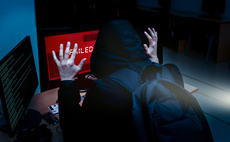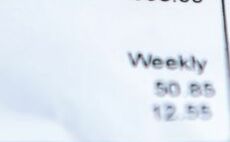US researchers confirm exploit that can hack any WPA-2 wireless network
The Wi-Fi Protected Access II (WPA2) protocol that protects almost all WiFi networks has been cracked, potentially compromising every home or business router, iPhones, Android smartphones, Windows ...
To continue reading this article...
Join Computing
- Unlimited access to real-time news, analysis and opinion from the technology industry
- Receive important and breaking news in our daily newsletter
- Be the first to hear about our events and awards programmes
- Join live member only interviews with IT leaders at the ‘IT Lounge’; your chance to ask your burning tech questions and have them answered
- Access to the Computing Delta hub providing market intelligence and research
- Receive our members-only newsletter with exclusive opinion pieces from senior IT Leaders




















